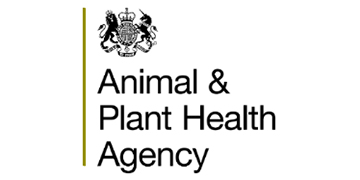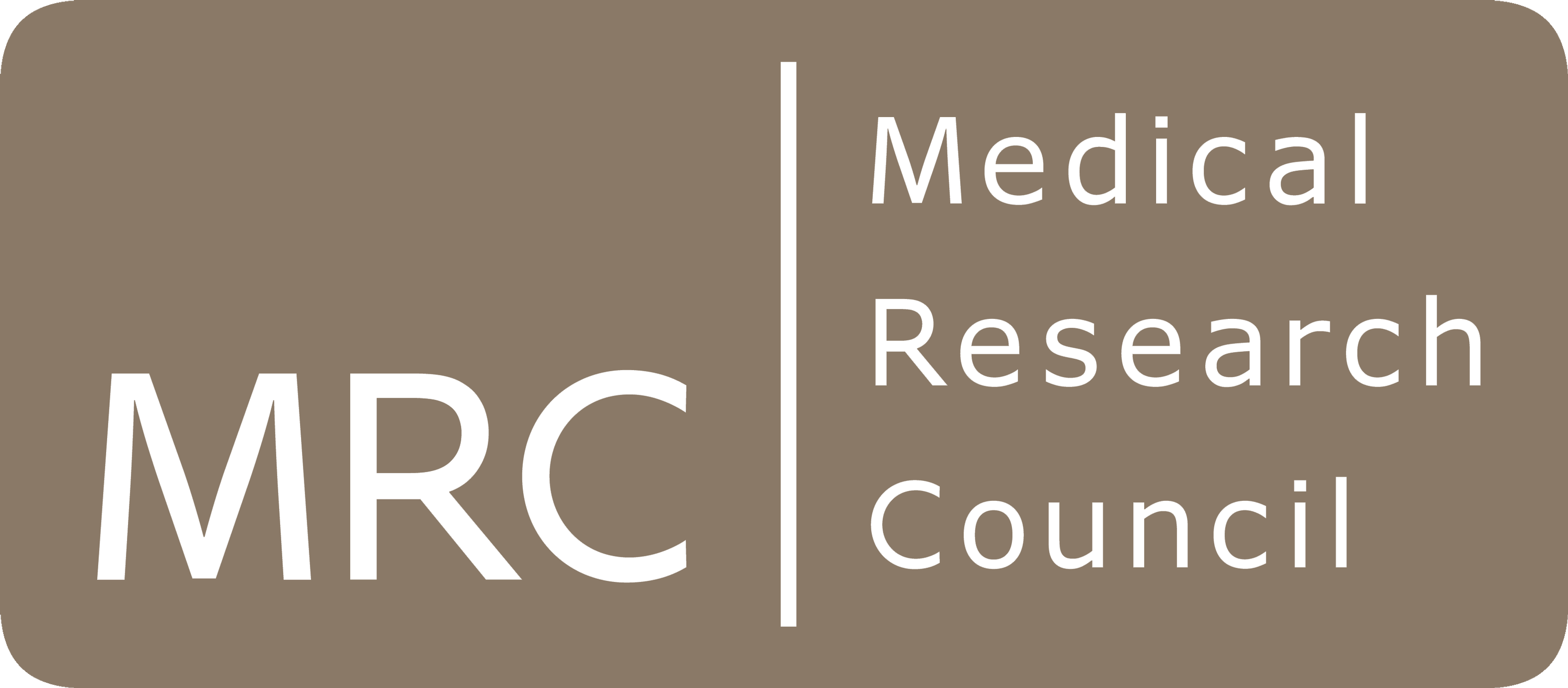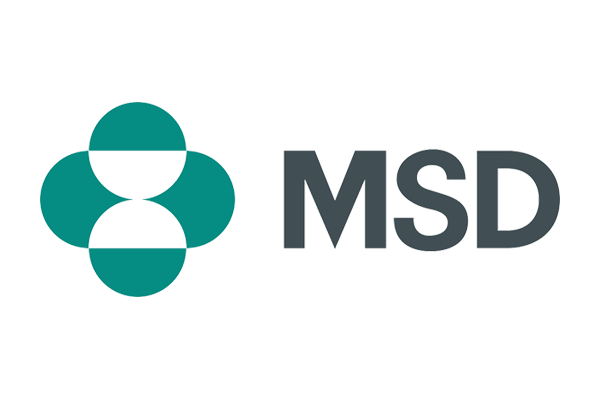Common human coronaviruses, including types 229E, NL63, OC43, and HKU1
Other human coronaviruses
Two other human coronaviruses, MERS-CoV and SARS-CoV have been known to frequently cause severe symptoms. MERS symptoms usually include fever, cough, and shortness of breath which often progress to pneumonia. About 3 or 4 out of every 10 patients reported with MERS have died. MERS cases continue to occur, primarily in the Arabian Peninsula. SARS symptoms often included fever, chills, and body aches which usually progressed to pneumonia. No human cases of SARS have been reported anywhere in the world since 2004.
Diagnosis
Your healthcare provider may order laboratory tests on respiratory specimens and serum (part of your blood) to detect human coronaviruses. Laboratory testing is more likely to be used if you have severe disease or are suspected of having MERS.
If you are experiencing symptoms, you should tell your healthcare provider about any recent travel or contact with animals. Most MERS-CoV infections have been reported from countries in the Arabian Peninsula. Therefore reporting a travel history or contact with camels or camel products is very important when trying to diagnose MERS.
Human coronaviruses most commonly spread from an infected person to others through
the air by coughing and sneezing
close personal contact, such as touching or shaking hands
touching an object or surface with the virus on it, then touching your mouth, nose, or eyes before washing your hands
rarely, fecal contamination
In the United States, people usually get infected with common human coronaviruses in the fall and winter. However, you can get infected at any time of the year. Most people will get infected with one or more of the common human coronaviruses in their lifetime. Young children are most likely to get infected. However, people can have multiple infections in their lifetime.
Prevention
How to protect yourself
There are currently no vaccines available to protect you against human coronavirus infection. You may be able to reduce your risk of infection by doing the following
wash your hands often with soap and water for at least 20 seconds
avoid touching your eyes, nose, or mouth with unwashed hands
avoid close contact with people who are sick
For information about hand washing, see CDC’s Clean Hands Save Lives!
How to protect others
If you have cold-like symptoms, you can help protect others by doing the following
stay home while you are sick
avoid close contact with others
cover your mouth and nose with a tissue when you cough or sneeze, then throw the tissue in the trash and wash your hands
clean and disinfect objects and surfaces
Treatment
There are no specific treatments for illnesses caused by human coronaviruses. Most people with common human coronavirus illness will recover on their own. However, you can do some things to relieve your symptoms
take pain and fever medications (Caution: do not give Aspirin to children)
use a room humidifier or take a hot shower to help ease a sore throat and cough
If you are mildly sick, you should
drink plenty of liquids
stay home and rest
If you are concerned about your symptoms, you should see your healthcare provider.
13/03/2020














